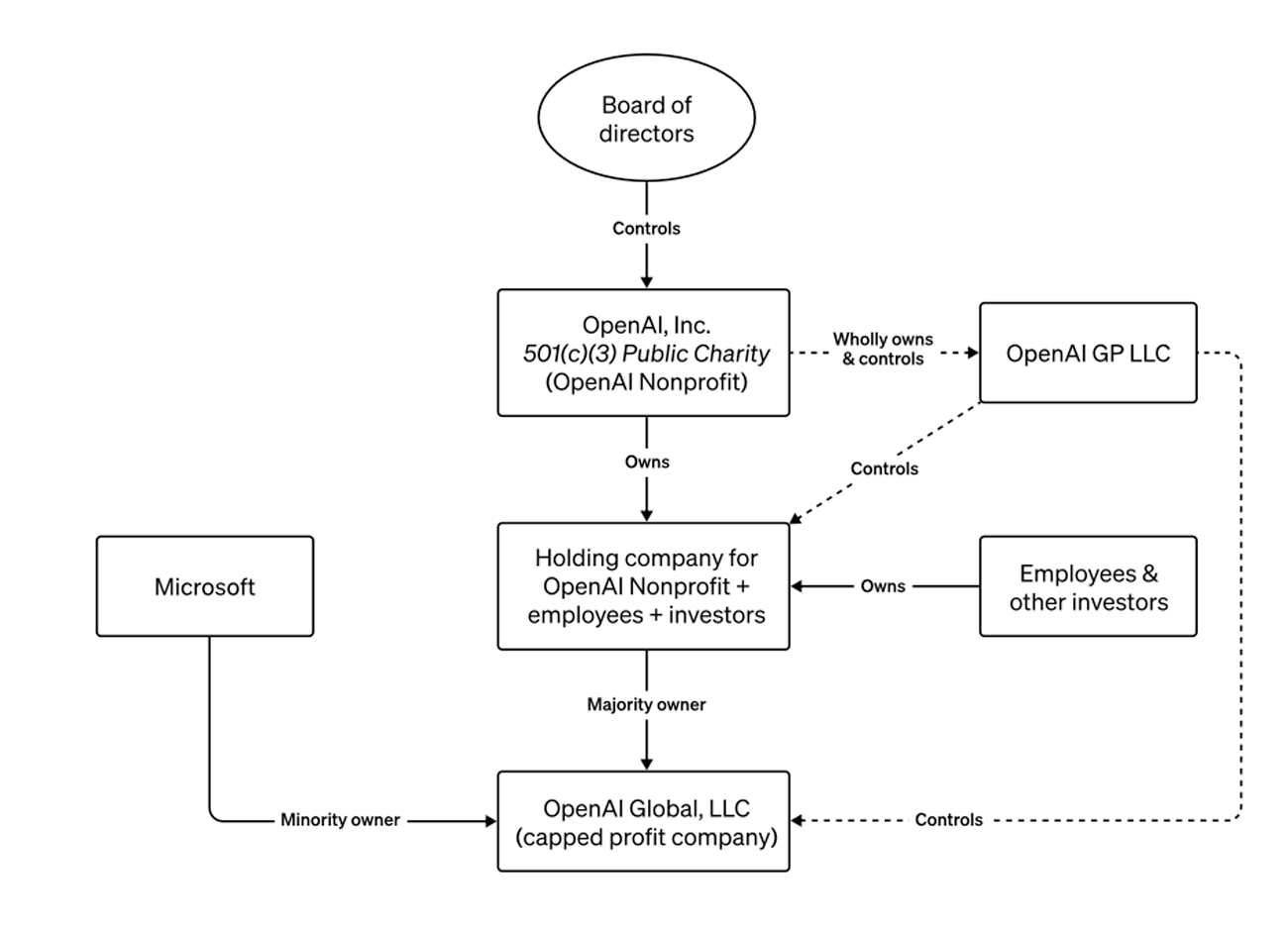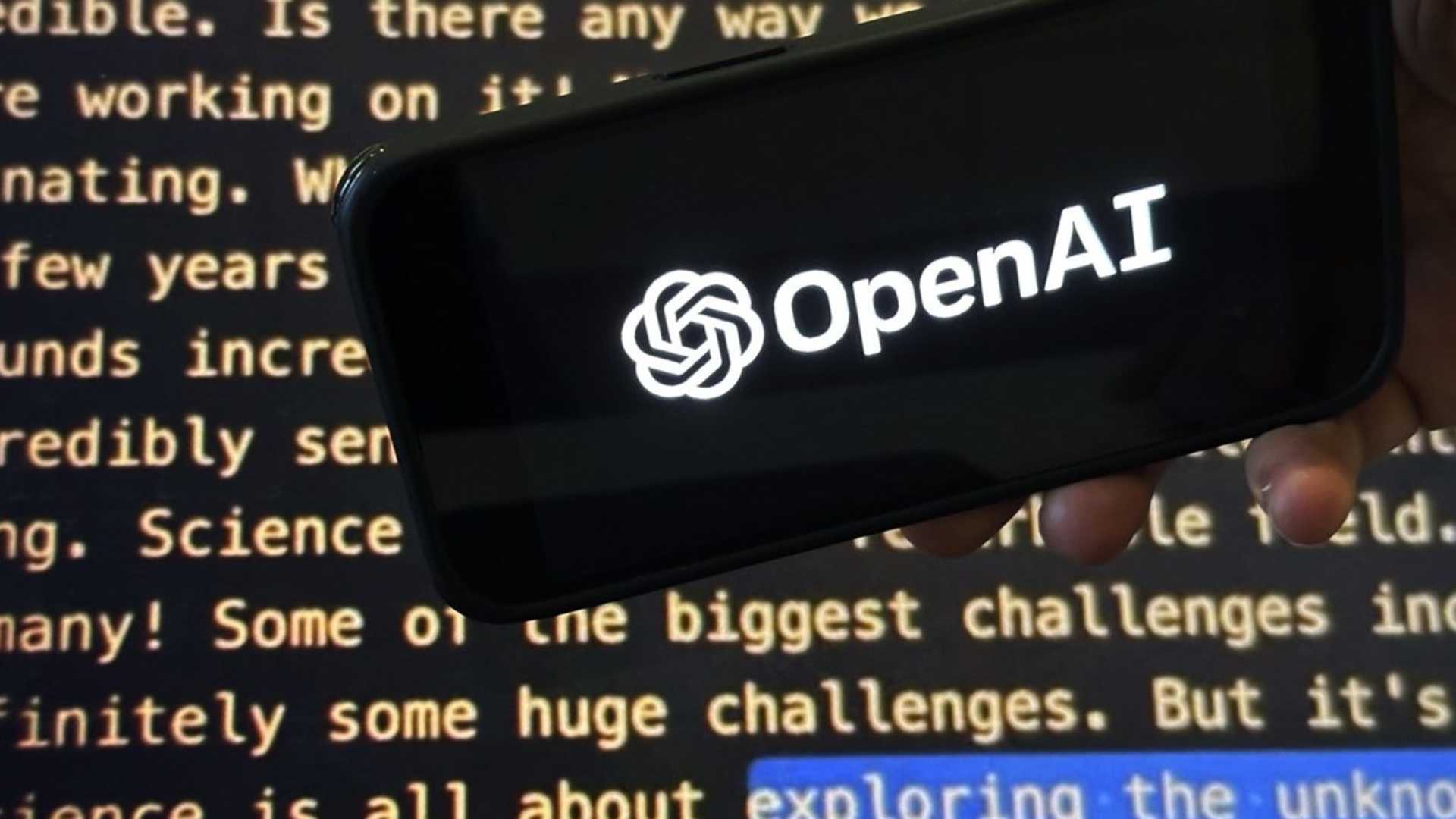OpenAI reverses course and says its nonprofit will continue to control the company
After months spent pursuing a plan to convert itself into a for-profit business, OpenAI is reversing course and said Monday its nonprofit will continue to control the company that makes ChatGPT and other artificial intelligence products.
“We made the decision for the nonprofit to stay in control after hearing from civic leaders and having discussions with the offices of the Attorneys General of California and Delaware,” said CEO Sam Altman in a letter to employees.
Decision to Retain Control
Altman and the chair of OpenAI’s nonprofit board, Bret Taylor, said the board made the decision for the nonprofit to retain control of OpenAI. The nonprofit already has a for-profit arm, but that arm will be converted into a public benefit corporation “that has to consider the interests of both shareholders and the mission,” Taylor said.
However, Taylor declined to say Monday how large of an ownership stake the nonprofit will have in the new public benefit corporation. Altman said in a call with reporters that the nonprofit will choose the board members if the public benefit corporation.
Public Benefit Corporations
Public benefit corporations were first created in Delaware in 2013 and other states have adopted the same or similar laws that require the companies to pursue not just profit but a social good. Public benefit corporations, which include Amalgamated Bank and the online education platform Coursera, need to define that social good, which can vary broadly, when they incorporate.

Altman said that converting from a limited liability company to a public benefit corporation “just sets up us to be a more understandable structure to do the things that a company of our scope has to do.”
Future Plans
“There’s so much more demand to use AI tools than we thought there was going to be,” Altman said. Getting access to more capital will make it easier for OpenAI to pursue mergers and acquisitions “and other normal things companies would do,” Altman said.
Altman said it would “maybe be easier” to raise money if OpenAI were a “fully normal company,” but given its mission, “we don’t want to be a fully normal company, and we believe this is well over the bar of what we need to be able to fundraise.”
Concerns and Challenges
OpenAI’s co-founders, including Altman and Tesla CEO Elon Musk, originally started it as a nonprofit research laboratory on a mission to safely build what’s known as artificial general intelligence, or AGI, for humanity’s benefit.

OpenAI first outlined plans last year to convert its core governance structure but faced a number of challenges. One is a lawsuit from Musk, who accuses the company and Altman of betraying the founding principles that led Musk to invest in the charity.
OpenAI also faced scrutiny from the top law enforcement officers in Delaware, where the company is incorporated, and California, where it operates out of a San Francisco headquarters.



















